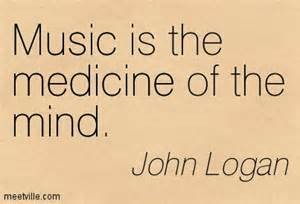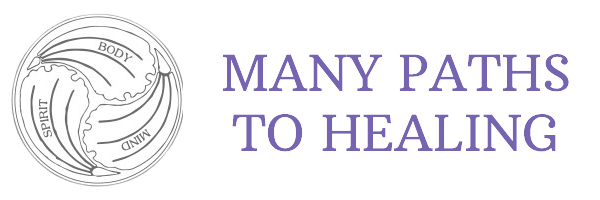 I just heard about a study of the effects of music on surgery patients. Patients who listened to music of their choice either before, during or after surgery reported feeling less pain and needed less pain medication. Listening to music can stimulate the release of dopamine- the brain neurochemical responsible for pleasure and reward . The study found that music in the operating room may create too much distraction for the staff. It may not be the best idea for our surgeon to listen to music while operating!!
I just heard about a study of the effects of music on surgery patients. Patients who listened to music of their choice either before, during or after surgery reported feeling less pain and needed less pain medication. Listening to music can stimulate the release of dopamine- the brain neurochemical responsible for pleasure and reward . The study found that music in the operating room may create too much distraction for the staff. It may not be the best idea for our surgeon to listen to music while operating!!
WOW- once again, science has validated what we all know – music plays a role in our well-being. The vibrational energy of sound moves throughout our body even when we ourselves may not be able to move physically. The different elements of music- pitch, tempo, and dynamics – how fast, slow, or loud the music is affects our brains. When our brain is activated, we can influence the way we think, behave and feel.
The idea that music can be a healing influence to affect health and behavior is as old as Aristotle and Plato. The field of music therapy began after both World Wars when musicians went into veteran hospitals to play for those physically and emotionally traumatized . It became evident that musicians needed some training when they were in hospitals, and the profession followed.
We all can create our own playlists of therapeutic and healing music. You don’t have to be having surgery to benefit from finding your song! Some helpful guidelines are:
Use familiar music. Emotional memories are stimulated by music and take us back in time. You have associations to particular music. Trust yourself as to how the music will make you feel and place pieces of music into different categories according to the mood they create in you. Does the music move you to feel less depressed, tired, anxious, stressed?
Use music you enjoy that speaks to you.
Match your mood– Pick a piece of music that matches your heartbeat, your breathing and how fast you feel you are moving. Pick a volume of music that matches the state that you want to achieve.Be aware of the harmony of the music and how it creates either tension or dissonance. Different instruments can appeal to you at different times.
Consider music without lyrics. When we hear words to a song, we associate and process the lyrics. If you are trying to use music to relax, you may be able to allow your mind to wander more freely without someone else’s words. Be sure if the music has lyrics that they reflect the way you are feeling.
If you have a list of music, order your list to help you reach an intended mood. Know your goal- do you want to feel energetic, happy, relaxed or optimistic? Organize your music with that goal in mind.
